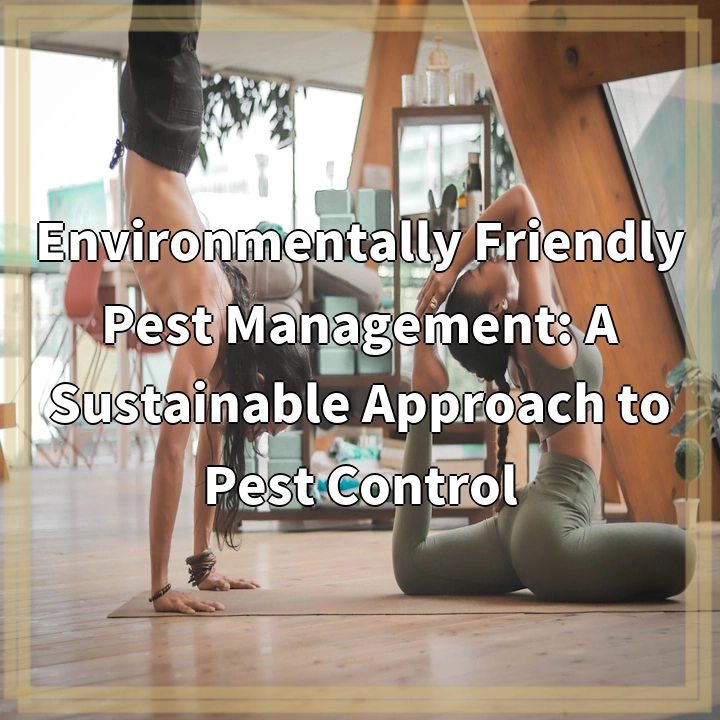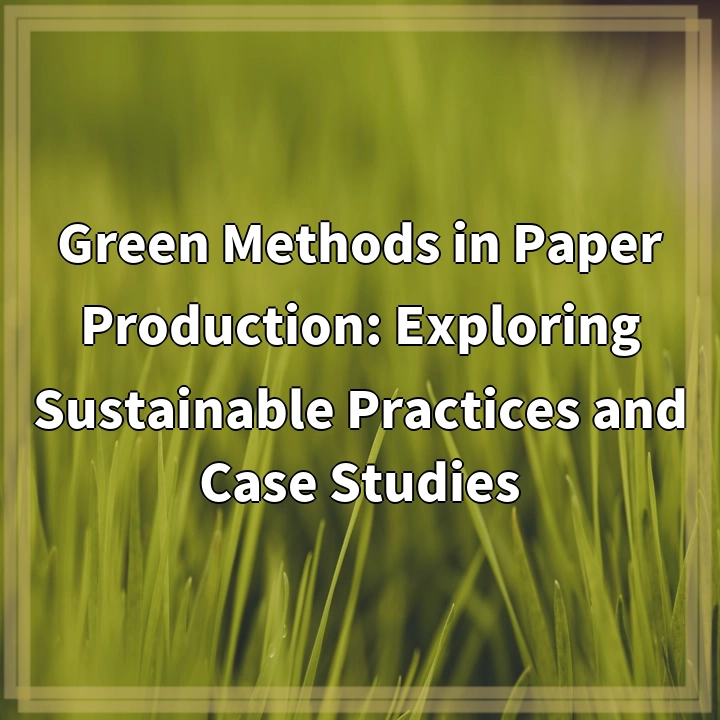
What is Environmentally Friendly Pest Management?
Environmentally friendly pest management, also known as sustainable pest control, is an approach to pest management that focuses on minimizing harm to the environment, human health, and non-target organisms while effectively controlling pests. It involves the use of non-toxic or low-toxic methods to prevent, monitor, and manage pests.
Real-World Problems Associated with Environmentally Friendly Pest Management
While environmentally friendly pest management offers numerous benefits, it also faces certain challenges and limitations:
Limited Effectiveness Against Certain Pests
One of the main challenges of environmentally friendly pest management is its effectiveness against certain pests. Some pests, such as termites or bed bugs, may require more aggressive control methods, which can sometimes be harmful to the environment. Finding alternative solutions that effectively control these pests while minimizing environmental impact remains a key area of research and development.
Higher Initial Costs
Implementing environmentally friendly pest management practices can involve higher initial costs compared to conventional pest control methods. This is mainly because eco-friendly products and techniques often require specialized equipment or training. However, it is important to note that over the long term, sustainable pest control methods can result in cost savings by reducing the need for repeated treatments.
Education and Awareness
Another challenge lies in educating both pest control professionals and the general public about the benefits and techniques of environmentally friendly pest management. There can often be a lack of awareness or misconceptions about the effectiveness of sustainable methods. By promoting education and raising awareness, we can overcome this challenge and encourage more widespread adoption of eco-friendly pest management practices.
Resistance and Adaptation
Pests have a remarkable ability to adapt and develop resistance to control methods. This can pose a challenge for sustainable pest management, as certain eco-friendly solutions may become less effective over time. It is crucial to continue research and innovation to stay ahead of these adaptive pests and develop new, effective strategies for environmentally friendly pest control.
Despite these challenges, environmentally friendly pest management offers a sustainable and socially responsible approach to pest control. By promoting the use of integrated pest management techniques, natural methods, and careful monitoring, we can strike a balance between pest control and environmental preservation.

Solutions for Environmentally Friendly Pest Management
To address the challenges associated with environmentally friendly pest management, the following solutions can be implemented:
Research and Development
Continued research and development are crucial to improving the effectiveness of environmentally friendly pest management methods against a wider range of pests. This includes finding innovative strategies, exploring new natural control agents, and developing eco-friendly formulations that can control pests without harming the environment.
Investment in Education and Awareness
Investing in education and awareness initiatives is vital to promote the benefits and techniques of environmentally friendly pest management. This includes providing training programs for pest control professionals, educating the public about eco-friendly alternatives, and dispelling misconceptions and myths about sustainable pest control methods.
Integrated Pest Management (IPM)
The adoption of Integrated Pest Management (IPM) is a key solution to implementing environmentally friendly pest management practices. IPM combines various control strategies, such as biological control, cultural practices, and targeted use of pesticides, to minimize environmental impact while effectively managing pests.
Ongoing Monitoring and Adaptation
Regular monitoring of pest populations and their impact on the environment is essential for adapting control strategies. By closely monitoring pest behavior and resistance patterns, pest management professionals can refine and adjust their approach to ensure long-term effectiveness.
Collaboration and Knowledge Sharing
Collaboration among researchers, pest control professionals, policymakers, and the community is vital for the success of environmentally friendly pest management. Sharing knowledge, best practices, and success stories can foster innovation, facilitate the adoption of sustainable methods, and accelerate the transition to more eco-friendly pest management practices.
By implementing these solutions, we can overcome the challenges associated with environmentally friendly pest management and promote a sustainable approach to pest control that safeguards the environment, human health, and non-target organisms.















